MercoPress. South Atlantic News Agency
Economy
-
Wednesday, December 9th 2009 - 14:29 UTC
Venezuelan top private bankers help to calm markets and depositors

A two-week banking crisis in Venezuela seems to be settling down following President Hugo Chavez announcement that private banks will be respected but new rules to make the system more transparent and production-geared will begin to be enforced.
-
Wednesday, December 9th 2009 - 08:42 UTC
Cruise visitors in Uruguay this season close to 400.000
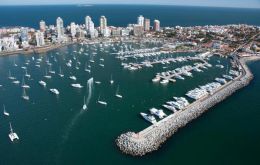
Uruguay’s Ministry of Tourism forecasts some 400.000 tourists and crew members will be visiting the country during this summer cruise season, which represents a slight increase over the previous year.
-
Wednesday, December 9th 2009 - 08:38 UTC
Economists suggest coordinated rates cuts to protect Latam currencies
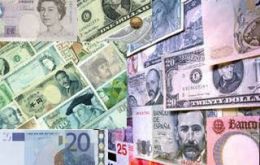
Latinamerica should consider the possibility of a coordinated interest rate cut, in consultation with the IMF to combat the appreciation of local currencies was suggested Tuesday by a group of former government financial officials and economists from the region.
-
Monday, December 7th 2009 - 23:44 UTC
Brazilian inflation and interest rates forecasted to increase in 2010
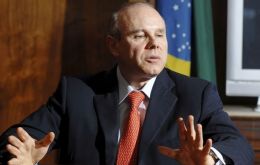
The Brazilian economy is forecasted to expand 0.21% in 2009 according to a Central Bank poll among financial experts and which is published weekly in the Focus Bulletin. In the previous edition the growth estimate was 0.20%.
-
Monday, December 7th 2009 - 23:41 UTC
Chile, gateway for illegal phony name brands products mainly from China
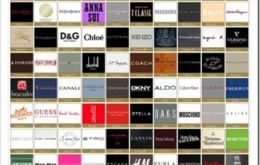
Phony name brand products produced in China are increasingly a headache for Chile’s customs and police authorities.
-
Monday, December 7th 2009 - 11:03 UTC
Britain planning windfall tax on bankers’ bonuses
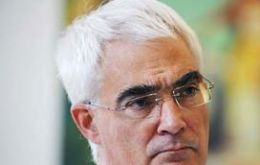
British Chancellor Alistair Darling has left the door open to a windfall tax on bankers' bonuses amid reports that the move could be central to this week's Pre-Budget Report. Darling warned the better-off that they would have to pay more towards the cost of the economic recovery but sidestepped questions about the prospect of a temporary levy targeted at British-based banks.
-
Saturday, December 5th 2009 - 03:37 UTC
November inflation in Uruguay remains unchanged: annual target 5.9%

Uruguayan consumer prices in November remained virtually unchanged with a 0.06% increase over October, having accumulated in the last twelve months 6.39% and 5.41% in the eleven months of 2009, according to the latest data released by the Statistics Office.
-
Saturday, December 5th 2009 - 02:55 UTC
Brewing rift between UK and France over financial regulation
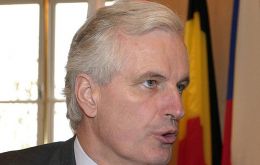
Talks scheduled to take place on Friday between UK Prime Minister Gordon Brown and French President Nicolas Sarkozy have been cancelled. They may have helped to clear the air after President Sarkozy said the UK was the “big loser” when a Frenchman got the job as EU financial regulator.
-
Saturday, December 5th 2009 - 02:38 UTC
Scrappage scheme boosted new car sales in United Kingdom

New car sales in the United Kingdom soared last month as consumers took advantage of the government's car scrappage scheme. A total of 158,082 new vehicles were registered in November 2009, a huge 57.6% increase on the November 2008 figure, the Society of Motor Manufacturers and Traders (SMMT) said.
-
Saturday, December 5th 2009 - 02:36 UTC
US unemployment in October remains above 10%: mixed reactions
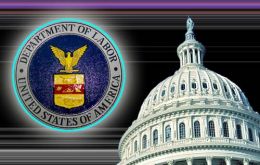
The US unemployment rate fell in November to 10% from 10.2% in October, Labour Department figures show. Employers in November cut the lowest number of jobs since the recession began in December 2007.
